By wearing the words that so many need to hear, you can be a visible reminder of hope for those struggling and the work we all can do to help prevent suicide.

And what people believe about suicide determines what people do about suicide prevention. If we as a community believe nothing can be done, nothing will be done. This is the first lie we tear down in honor of Suicide Prevention Month.
Join us as we fight the myths and misinformation that have marked the conversation about suicide for too long. We all have a role we can play in carrying this truth:
The world is not better without you.
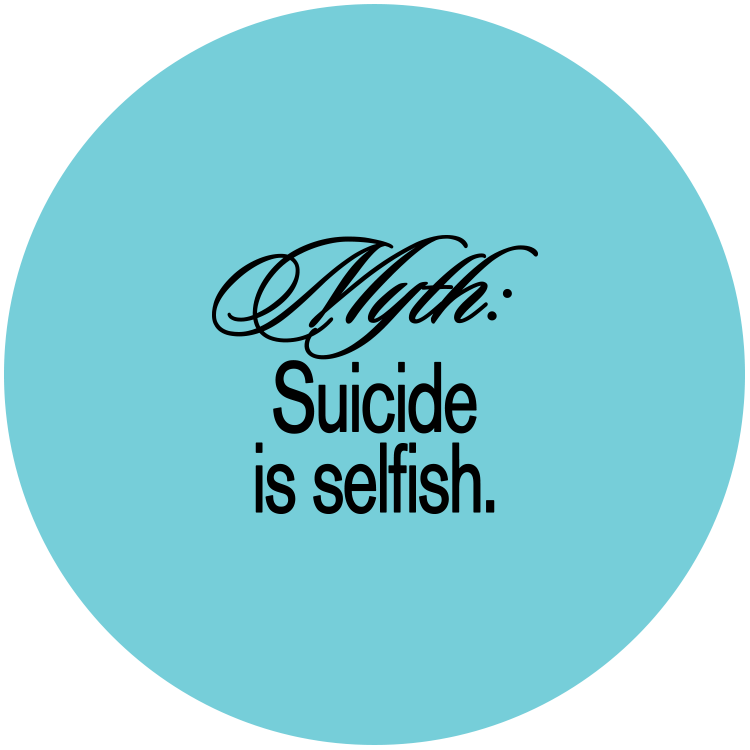
Truth: Many people who attempt or die by suicide feel like they are a burden to the people in their lives. Their pain and intrusive thoughts can convince them that the world would be better off without them. In their mind, suicide is the least selfish option because of feeling like a burden.
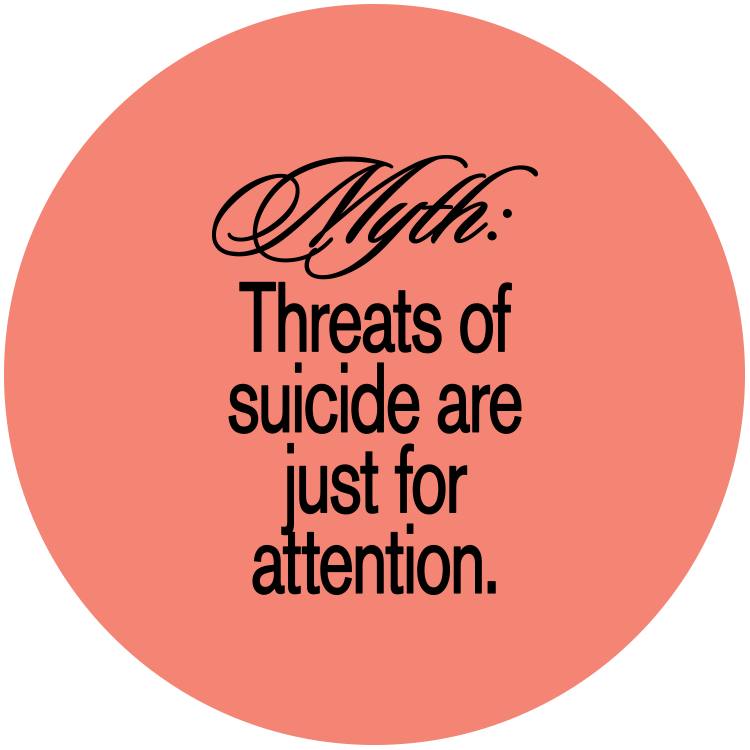
Truth: When someone shares a truth like this, they’re seeking connection and support. The most compassionate way to react is by listening, letting them know you care about them, and helping them take the next step toward healing.
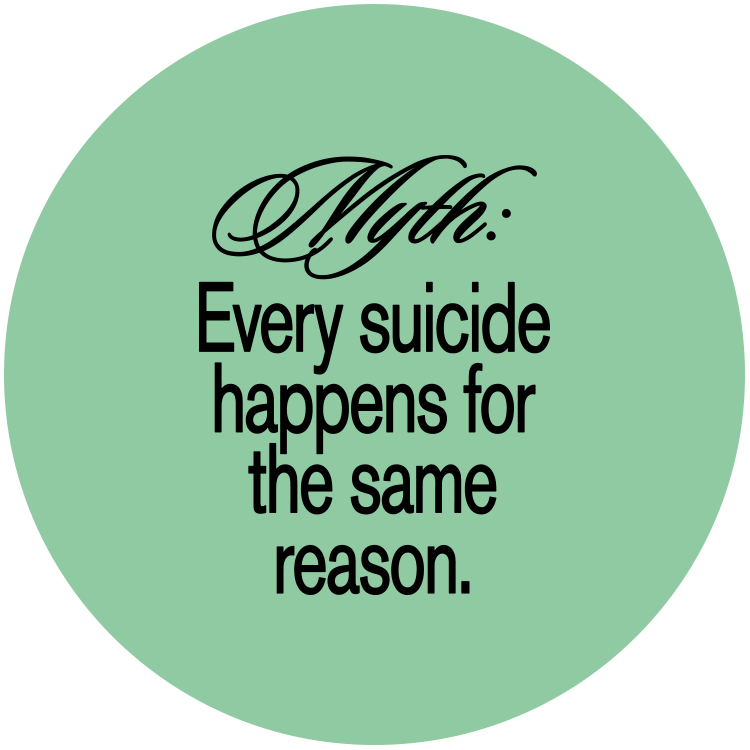
Truth: Suicide isn’t that simple, which means we have to be willing to listen to the people who have considered or attempted suicide when they tell us why. And then we need to provide support that speaks directly to those reasons.
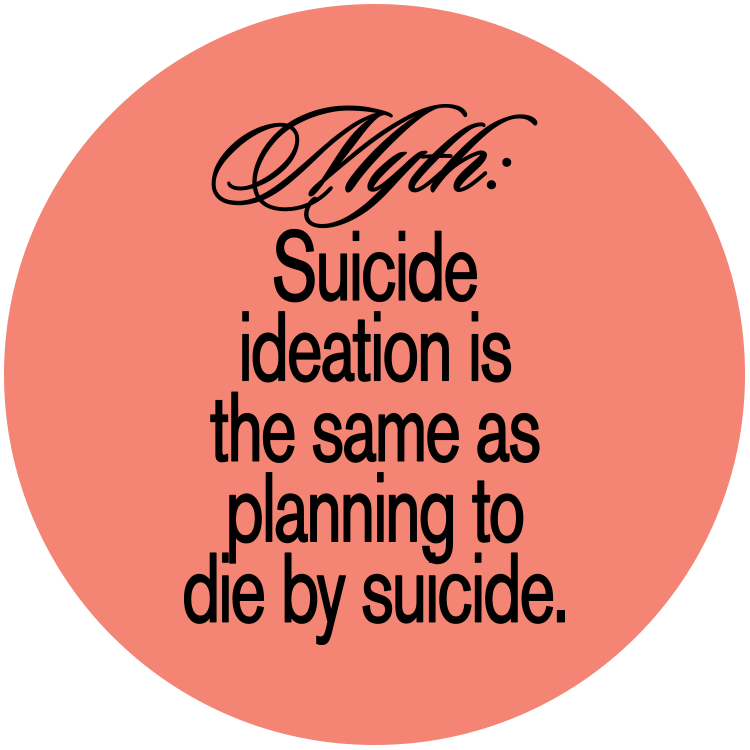
Truth: People can experience intrusive thoughts about suicide without ever creating a plan or making an attempt. It's important to be open to asking questions and listening closely so you can respond and offer helpful forms of support.
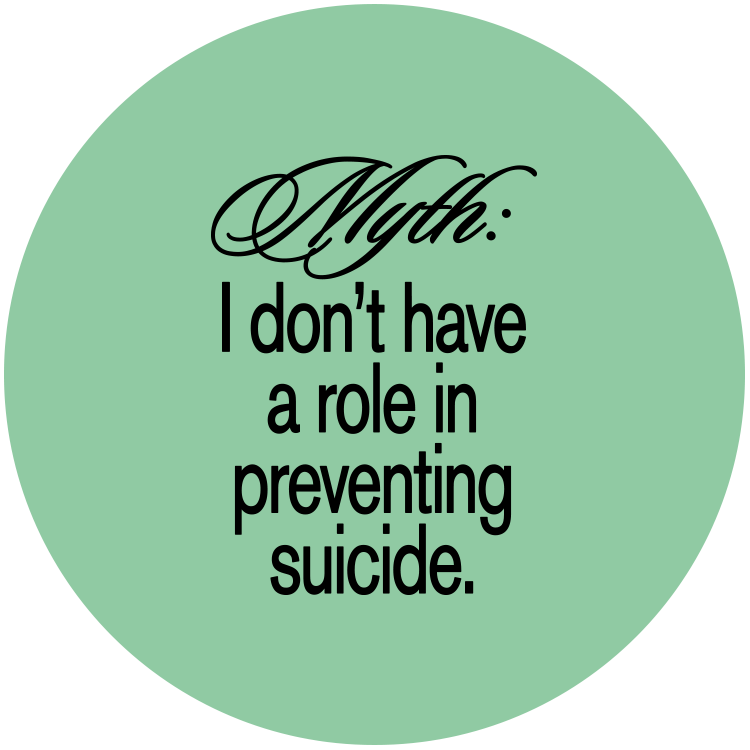
Truth: From the “small” personal connections to the big systemic changes, we can all play a role in suicide prevention. One way to start is by creating space for honest conversations with your people. Share how you’re really doing and be intentional about checking in with them.
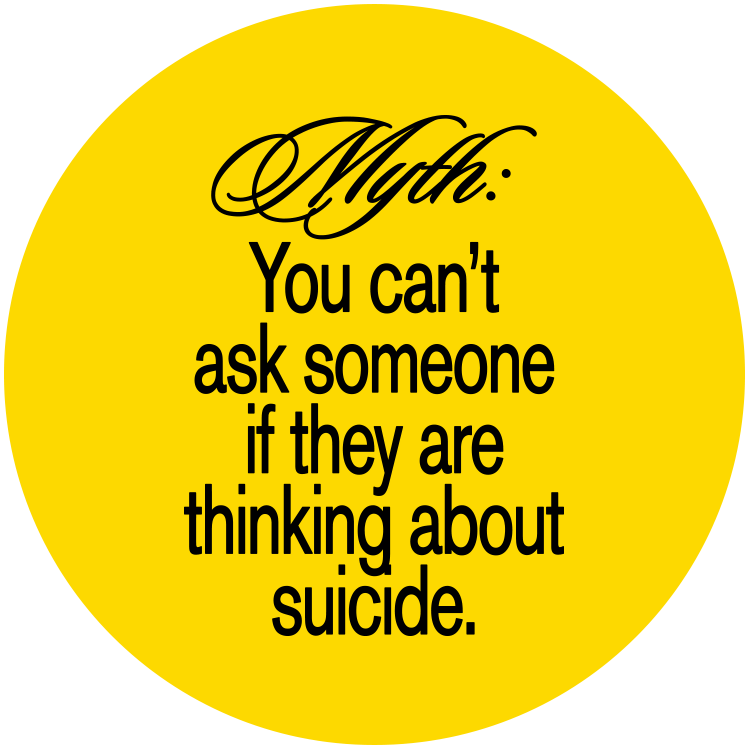
Truth: Asking the question won’t cause someone to suddenly start considering suicide. Instead, it gives them the space to be honest about what they’re experiencing. We want to be thoughtful about how we phrase the question so the person feels safe and not judged. “Are you thinking about suicide?” or “Are you thinking of hurting yourself?” are neutral ways of asking.
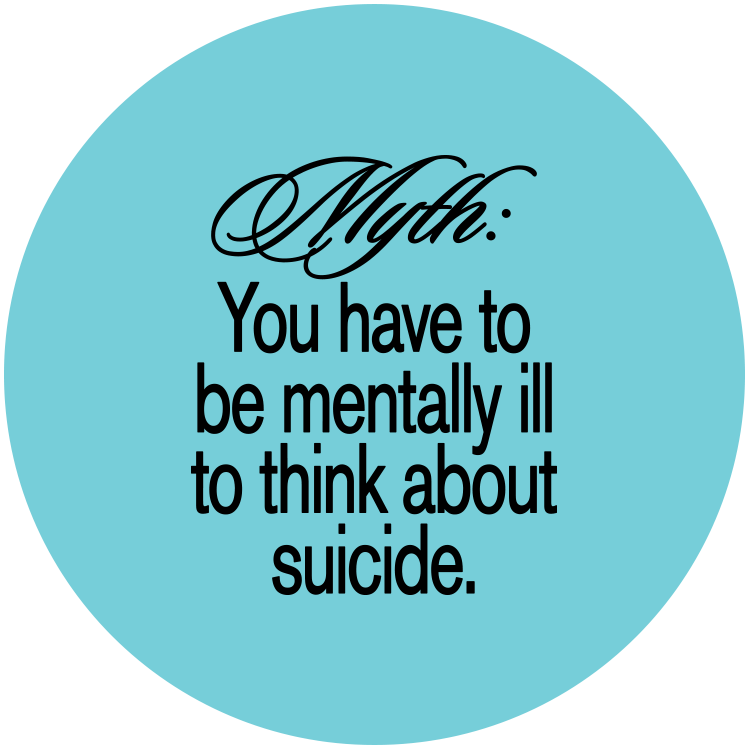
Truth: While some mental health diagnoses can be risk factors for suicide, people may consider suicide for entirely different reasons. Other risk factors include trauma, major life changes, family history, and serious physical health conditions.
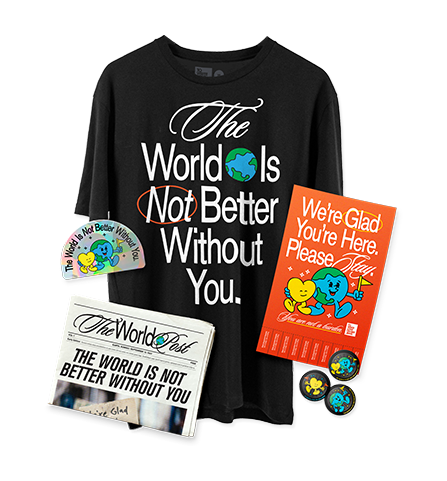
By wearing the words that so many need to hear, you can be a visible reminder of hope for those struggling and the work we all can do to help prevent suicide.
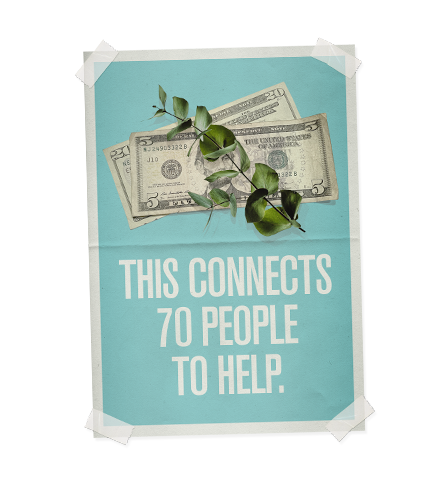
Mental health care is not accessible or affordable for most people. TWLOHA is helping to tear down this financial barrier by providing scholarships and assistance to those looking for mental health resources. A gift of $75 dollars gives someone the opportunity to sit with a therapist today.

Everyone deserves access to the tools they need to keep writing their story. Our FIND HELP Tool allows you to search by zip code for local, affordable mental health resources. For “in the moment” support, dial or send a text to 988 to connect with the Suicide and Crisis Helpline.

We’ve set a goal to raise $300,000 by the end of National Suicide Prevention Week (September 16) to provide scholarships to cover 4,000 therapy sessions this year and to expand the resources found in our FIND HELP Tool.
“This scholarship has been a tremendous help! As a young black woman who has been on a 7-year long journey of finding a therapist, this scholarship has afforded me the opportunity to say that my current therapist is an amazing therapist!
“This last year has been stressful and overwhelming physically, mentally, and emotionally. I could not afford to speak to someone on my own, and I have had and heard of a variety of horror stories through the help center at my university. I wanted to really dive deeply into myself with proper guidance and I was only able to do that through this scholarship. Over the last 2 months the growth in personal understanding and confidence has been immeasurable. Even as more challenges came my way, being in therapy has allowed me an outlet and professional guidance to help me navigate what I faced. This would not be possible without the TWLOHA scholarship. Real people are being helped, and the donations are making real change in our lives.
“I would not be here today if not for the support that this scholarship has provided me. During a time where I have no other support system, I have leaned on this opportunity as my sole support. I am extremely thankful for the opportunity to heal and have a chance at a healthy life.
“Your scholarship has helped save my life. It has eased the financial burden of copays so I can focus more on my mental health and life.
“This scholarship allowed me to get the necessary treatment I deserved. Therapy helped me heal from my traumas, learn coping skills, learn about myself, relate to the world in a whole new way, and much more! I am so grateful for this scholarship and the treatment I received. Thank you TWLOHA!
“I have been in a spiraling depression for over two years. I have had to take time off, as well as a medical leave, due to my condition. I’ve been on the desperate edge of suicide for months now, desperate for escape and relief. Thank you to TWLOHA T&R Scholarship, I have not had the added financial burden of worrying about covering my copays for my weekly therapy sessions. These sessions have been my fuel to keep living and keep fighting for hope. If it was not for my therapist and the help of TWLOHA, I don’t know where I would be. Thank you.

Thank you to these community leaders and companies for supporting this campaign:
If your company, organization, or school is interested in partnering with TWLOHA for WSPD, send us an email at [email protected] and tell us your idea!

Sign up for our newsletter to hear updates from our team and how you can help share the message of hope and help.
Join our list